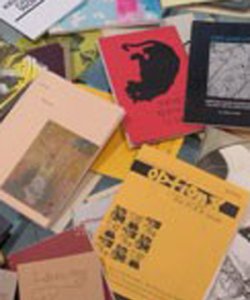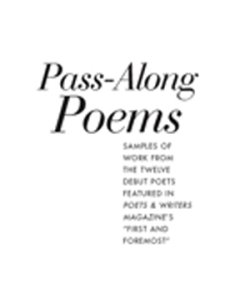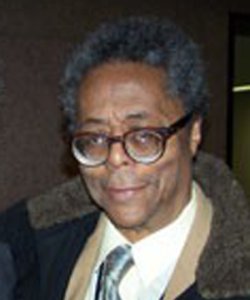You Are Not Alone: Postcard From New York City
On a warm, breezy Saturday evening, hundreds of people who had spent the past three days at the annual BookExpo America took a break from the hubbub to attend You Are Not Alone, a celebration featuring comedy, music, and, of course, some top-notch literature.














